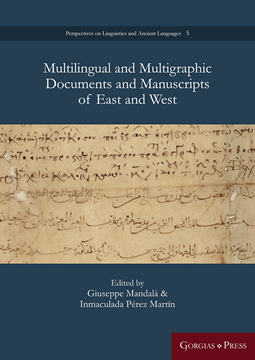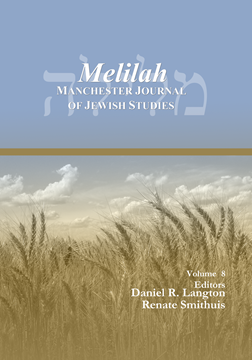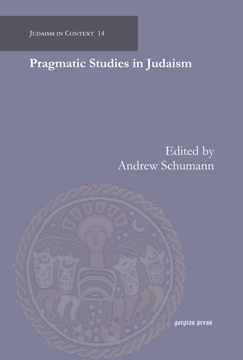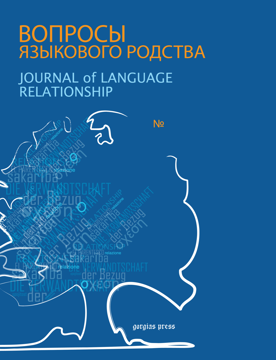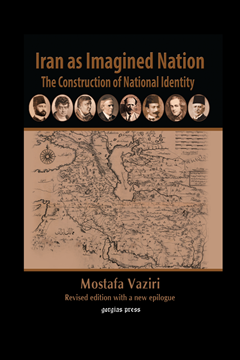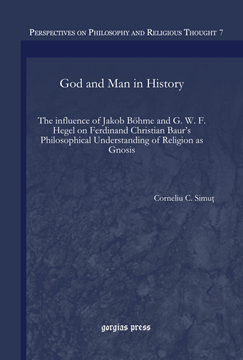Multilingual and Multigraphic Documents and Manuscripts of East and West
Edited by Giuseppe Mandalà & Inmaculada Pérez Martín
ISBN: 978-1-4632-0283-5
This volume deals with the evidence from manuscripts and handwritten documents with multilingual and multigraphic structures in Arabic, Hebrew, Latin and Greek, conceived and designed to display texts in different languages or scripts, as well as addressing the historical context of these testimonia (their production, use and circulation) and focusing on problems inherent to multicultural societies.
$228.69 (USD) $137.21 (USD)
Manchester Journal of Jewish Studies (2011)
Editors Daniel R. Langton & Renate Smithuis
ISBN: 978-1-4632-0221-7
Melilah is an interdisciplinary electronic journal concerned with Jewish law, history, literature, religion, culture and thought in the ancient, medieval and modern eras.
$58.00 (USD) $34.80 (USD)
Pragmatic Studies in Judaism
Edited by Andrew Schumann
Series: Judaism in Context 14
ISBN: 978-1-4632-0222-4
This book is the first attempt to apply formal pragmatics to Judaic studies as a discipline under the auspices of cultural studies, reconstructing the pragmatic approach in Judaism and defining some of the pragmatic limits assumed in the Torah. It is a continuation of previous work considering Judaic reasoning from the standpoint of analytic philosophy and logic. The present volume aims to explicate the Judaic pragmatic point of view with an emphasis on logic, political studies, ethics, and speech act theory.
$186.00 (USD) $111.60 (USD)
Journal of Language Relationship 9
Volume 9
Series: Journal of Language Relationship 9
ISBN: 978-1-4632-0223-1
The Journal of Language Relationship is an international periodical publication devoted to the issues of comparative linguistics and the history of the human language. The Journal contains articles written in English and Russian, as well as scientific reviews, discussions and reports from international linguistic conferences and seminars.
$72.00 (USD) $43.20 (USD)
Iran as Imagined Nation
ISBN: 978-1-4632-0227-9
A critical study of how Iranian nationalism, itself largely influenced by Orientalist scholarship first undertaken by the European Orientalists of the nineteenth and twentieth centuries, has shaped modern conceptions of Iran and Iranian identity, as well as narratives of Iranian history, leading to the adoption of a broad nationalist construction of identity to suit Iranian political and ideological circumstances. This book argues that such a broad-brushed approach and the term “Iranian” could not have applied to the large multiethnic, multilingual, and multicultural populations in the vast territory of Iran over so many distinct historical periods.
$39.00 (USD) $23.40 (USD)
God and Man in History
The influence of Jakob Böhme and G. W. F. Hegel on Ferdinand Christian Baur's Philosophical Understanding of Religion as Gnosis
ISBN: 978-1-4632-0228-6
Ferdinand Christian Baur’s thought about religion focuses on the idea of Gnosis in close connection with the notion of history, but rather than favor a traditional approach, he prefers a different path: a “new” understanding of religion which draws quite heavily on Hegel’s philosophy, promoting the idea that history is the realm where God and man exist and work together.
$166.00 (USD) $99.60 (USD)
